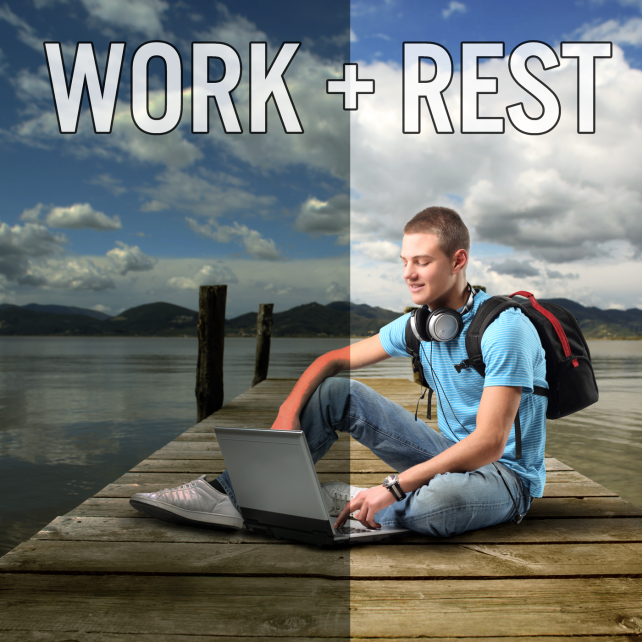After this the Lord appointed seventy-two others and sent them on ahead of him, two by two, into every town and place where he himself was about to go. And he said to them, “The harvest is plentiful, but the laborers are few. Therefore pray earnestly to the Lord of the harvest to send out laborers into his harvest. Go your way; behold, I am sending you out as lambs in the midst of wolves. Carry no moneybag, no knapsack, no sandals, and greet no one on the road. Whatever house you enter, first say, ‘Peace be to this house!’ And if a son of peace is there, your peace will rest upon him. But if not, it will return to you. And remain in the same house, eating and drinking what they provide, for the laborer deserves his wages. Do not go from house to house. Whenever you enter a town and they receive you, eat what is set before you. Heal the sick in it and say to them, ‘The kingdom of God has come near to you.’ (Luke 10:1-9 ESV)
Here we see Jesus in delegation mode. He’s spent loads of time with his disciples, teaching them with his words and way of life. Now, it’s time for them to learn by doing. They have been in gathered mode, now is time to scatter. So he sends them out with little…no moneybag, knapsack, sandals. He sends them with so little they will need to have refrigerator rights in other people’s homes to survive.
He wants them to rely on others. Full dependence on others, will teach them full dependence on him.
He asks them to find these people of peace by saying “peace on this house”. It almost sounds like a code word, but this was more about who the people are, and what God has already been doing in their lives to prepare them for the missionary’s arrival, and less about their response to a code word! If God has been making these people seek the peace of the kingdom of God, a travelling preaching proclaiming that message will be welcomed.
Look how deeply he wants these relationships to go. He wants them to stay with one family, and not go from house to house. He wants them to become family, to be vulnerable, completely known and trusted by others.
Question: Describe what you think a person of peace would be like. How would the disciples’ travels be different if they had more supplies?
Ryan Sim - September 1, 2015
Tuesday - Study It - Inner Rest
From Series: "Work and Rest"
Just in time for summer's blend of work and rest, Redeem the Commute is starting a new series of daily challenges to help busy people restore life to the commuting lifestyle. This seven week series will look at the meaning and purpose of work, rest, and ancient practices that have helped followers of Jesus to keep the two in perspective and balance for centuries.

